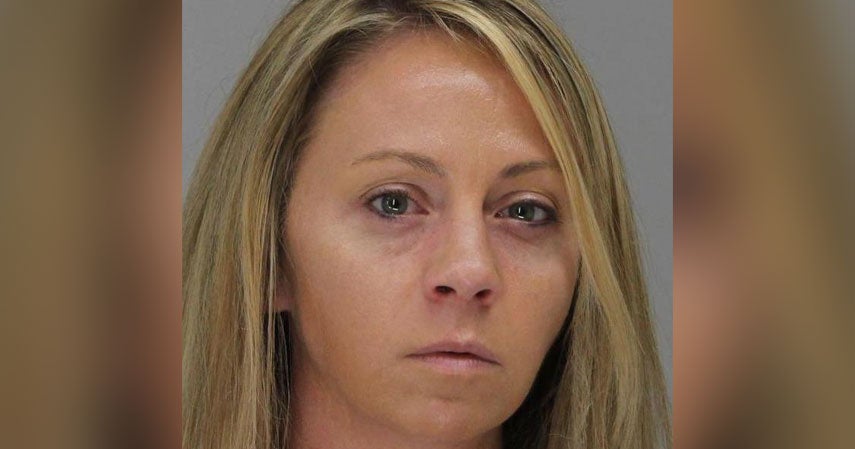Judge Orders Sweeping Changes To Texas Foster Care System
DALLAS (AP) — A judge ordered Texas to make sweeping changes to its foster care system on Friday, two years after she found it unconstitutionally broken.
U.S. District Judge Janis Graham Jack told the state the overhaul must include improvements in record keeping, caseworker visits and where children are placed. The changes were based on recommendations from experts the judge appointed to help craft a plan to improve the lives of children in long-term foster care.
The judge appointed the two experts after ruling in December 2015 that people labeled permanent wards of the state "almost uniformly leave state custody more damaged than when they entered." The state has fought Jack's oversight and objected to previous recommendations made by the experts.
The state quickly filed a notice of appeal Friday following Jack's latest ruling. Attorney General Ken Paxton said the judge's "unfunded and unrealistic mandates" were misguided, and he noted legislation last year that funds improvements to the system.
But in her final order Friday, Jack wrote that "two years and one legislative session later, the foster care system of Texas remains broken." She also writes that the Texas Department of Family and Protective Services "has demonstrated an unwillingness to take tangible steps to fix the broken system."
The order from Jack came in a case filed in 2011 by New York advocacy group Children's Rights and Texas lawyers on behalf of those in long-term foster care. Unlike most states faced with such lawsuits, Texas fought it instead of settling.
At a 2014 trial in the class-action lawsuit, former foster children testified of abuse they suffered as they were shuffled from placement to placement.
Jack's 2015 opinion in the case detailed the sufferings of foster youths, including a girl identified as S.A. who entered the foster care system at age 5 and within months reported being raped by an older child. She was moved more than 45 times, including to psychiatric hospitals, and missed several chances for adoption because of paperwork delays. At 18, after aging out of the system, she walked into traffic and survived being hit by a car.
Texas continued to fight after Jack's ruling, even as crisis after crisis emerged in the state's child welfare system: Some children taken from their families had to sleep in state offices, motels or emergency shelters because of a lack of other options and children believed to be at risk weren't being promptly seen, if at all.
While state officials repeatedly acknowledged serious problems, they objected to oversight by a federal judge, saying they had been working on their own changes. Yet when the experts appointed by Jack filed their recommendations this month, they noted that "in numerous instances" the state had declined to "implement policy changes or develop implementation plans."
Jack wrote in a filing this year that for more than 20 years the state has conducted or commissioned studies that recommended may of the same changes based on the same deficiencies she found, "yet the problems still exist."
(© Copyright 2018 The Associated Press. All Rights Reserved. This material may not be published, broadcast, rewritten or redistributed.)



